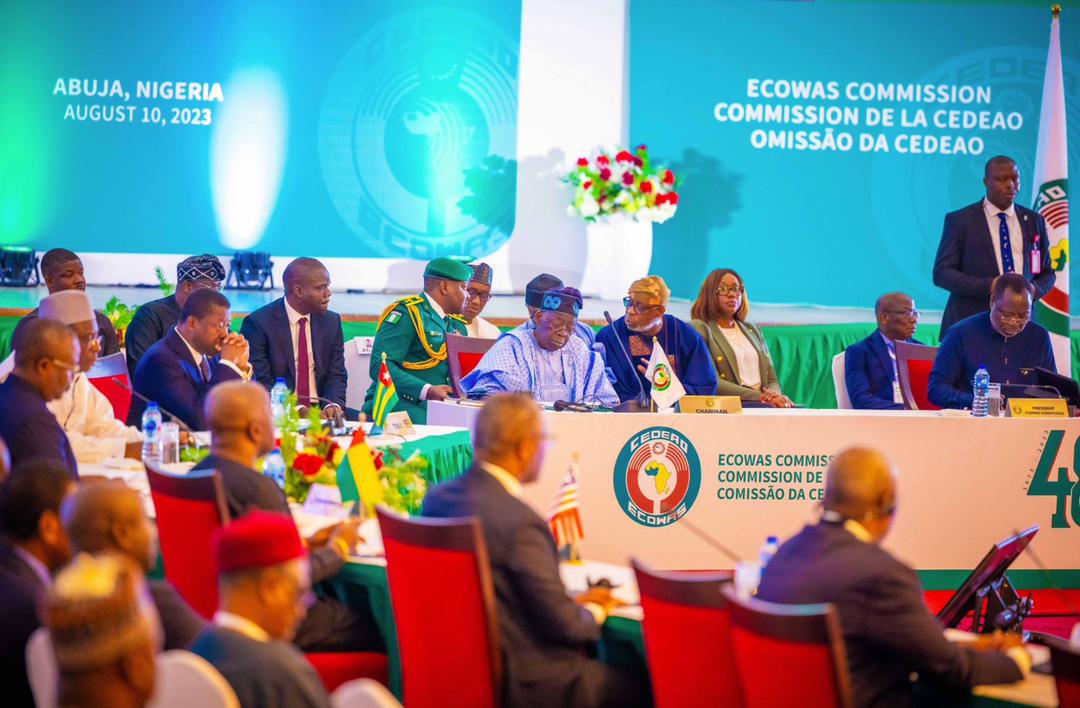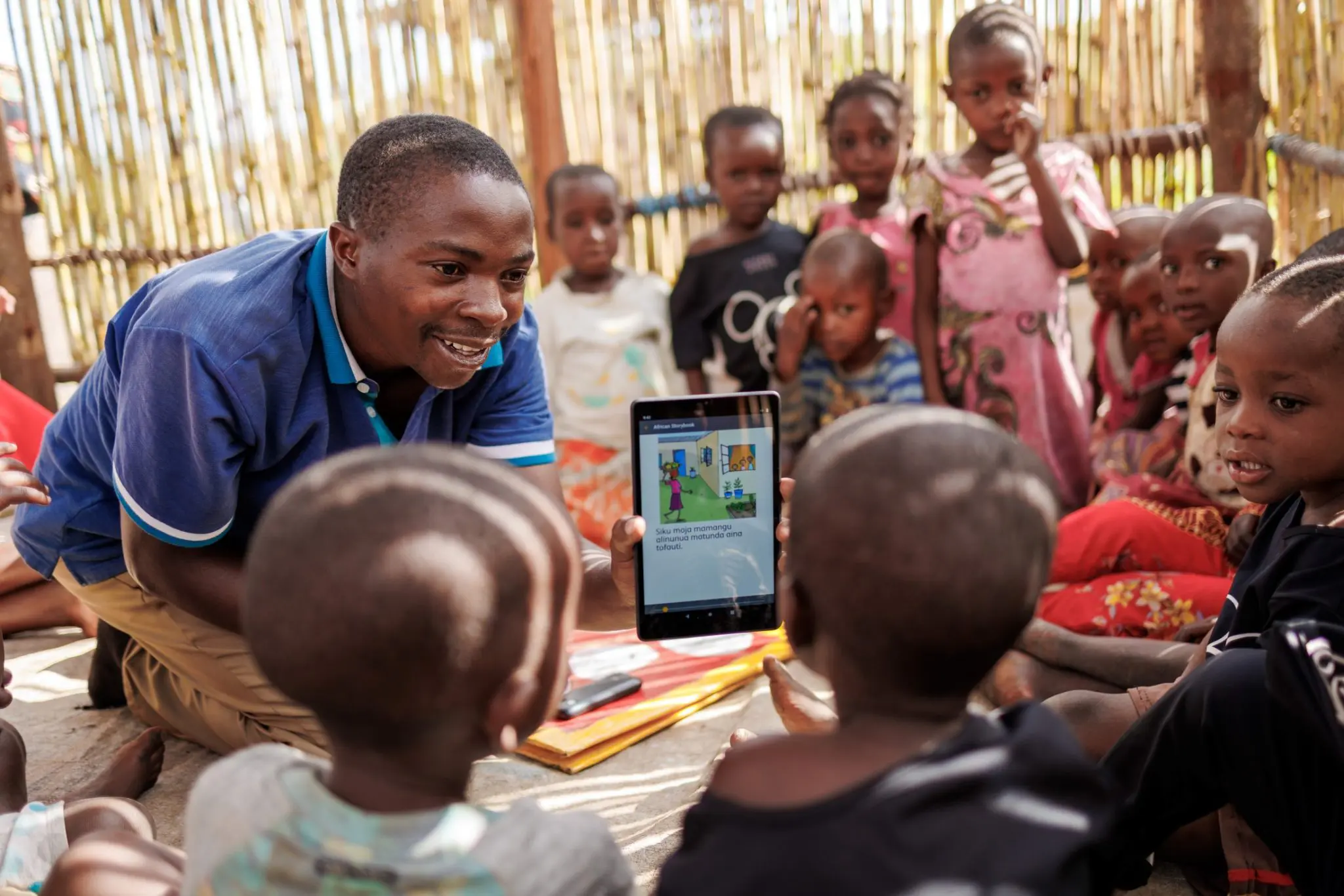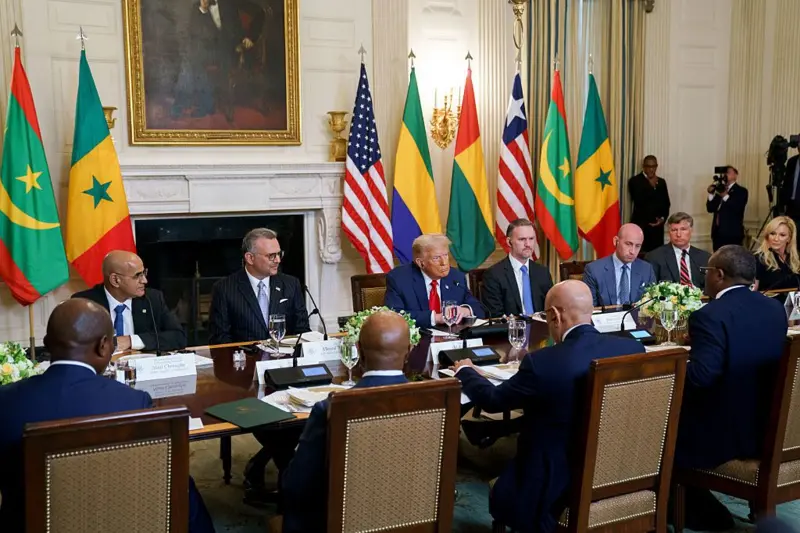West Africa is standing at the threshold of a technological transformation. With 63% of its population under 25 and African startups raising over $3.4 billion in 2020 alone, the region’s human and entrepreneurial capital is a sleeping giant. The question is no longer if artificial intelligence will shape West Africa’s future, but how — and who will define the rules.
The ECOWAS Parliament has answered with ambition. In July 2025, it convened in Dakar for a delocalised meeting themed “Prioritising Education Technology and Innovation in the ECOWAS Region”. Representing Speaker Hadja Memounatou Ibrahima, Adjaratou Coulibaly called on member states to act decisively:
“We must create a community legal framework on artificial intelligence — one that closes the digital divide and equips every child with AI-ready learning, backed by policy, infrastructure, and investment.”
A Regional AI Policy for Law and Education
Building on the 2003 ECOWAS Protocol on Education and Training, the Parliament now seeks to embed AI into the region’s legislative DNA. This includes a harmonised ECOWAS AI policy to govern:
Data protection
Algorithmic ethics
Digital inclusion
The aim is to guide AI use in both public institutions and education systems, while setting clear safeguards for judicial adoption of AI tools. AI is already being deployed across Africa’s legal systems — from document review and contract analysis to predictive analytics — yet without a framework, the risk of human rights violations, algorithmic bias, and opaque decision-making grows exponentially.
AI and Justice: Towards Efficiency Without Compromising Rights
The ECOWAS Parliament envisions AI-powered courts that are faster, fairer, and rights-focused. This means:
Transparent AI systems open to audit
Data sovereignty laws protecting citizens’ information
Mechanisms for redress when AI errors occur
Accountability standards for every algorithm used in public service
This is not merely about adopting technology — it’s about embedding responsible AI into the legal fabric of West Africa.
Education Technology Africa: AI-Ready Classrooms
The Dakar meeting spotlighted the infrastructure gaps, digital inequality, and slow AI adoption holding back education. Senegal is already leading with a 130 billion CFA investment in digital education, training teachers to use AI for tracking and improving student performance.
The vision extends far beyond smartboards and e-learning:
AI platforms that adapt to each learner’s pace and style
Multilingual digital content rooted in African heritage
Teacher certification in AI-based pedagogy
By doing so, ECOWAS aims to transform classrooms into innovation hubs — where students learn with AI, not just about AI.
From Consumers to Creators
Senegal’s Minister of Education, Moustapha Guirassy, issued a rallying cry: > “Africa must be AI creators and regulators, not just consumers.”
In line with this, the Parliament is advancing a West African Pact on AI in Education, which will feature:
A regional ethical charter for AI use in schools
Shared digital platforms in African languages
A network of AI-trained educators
Regional innovation funds for homegrown AI projects
Firm commitments to data sovereignty
These initiatives directly support the ECOWAS Digital Strategy (2024–2029) and complement the World Bank’s $10.5 million WARDIP programme.
Legislative Leadership for a Digital Era
What makes this moment historic is parliamentary proactivity. ECOWAS is not merely advising — it is drafting Community Acts on AI, guiding funding allocation for digital education, and overseeing protections for data sovereignty.
Crucially, oversight is built in:
Clear implementation timelines
Regional coordination mechanisms
Regular monitoring of AI rollouts
The message is clear: those who collect and deploy data must be accountable.
A Call to Action
The ECOWAS Parliament’s vision is bold, urgent, and actionable — a roadmap for integrating AI into African law, modern classrooms, and regional innovation systems. But this future will not be built by policy alone. It demands:
Engagement from governments and educators
Investment from private sector innovators
Collaboration from civil society and academia
West Africa’s AI revolution is not a spectator sport. Your voice, expertise, and investment are part of the equation. The choice is ours: let AI shape us, or shape AI for the Africa we envision.




